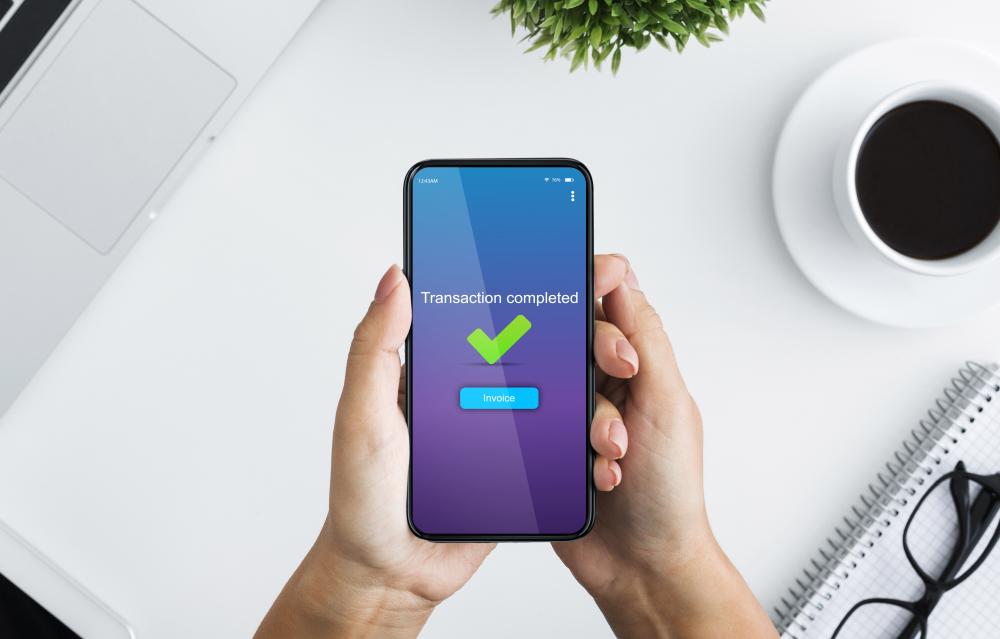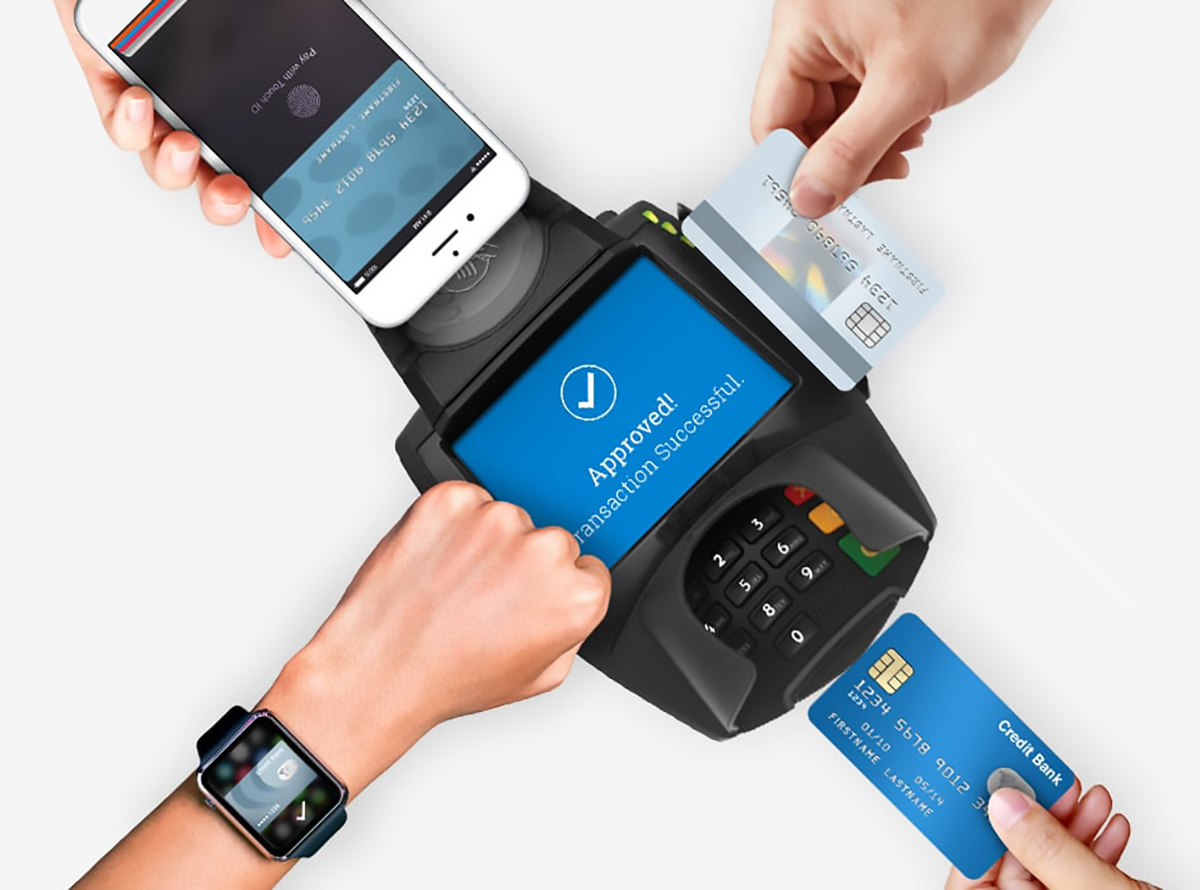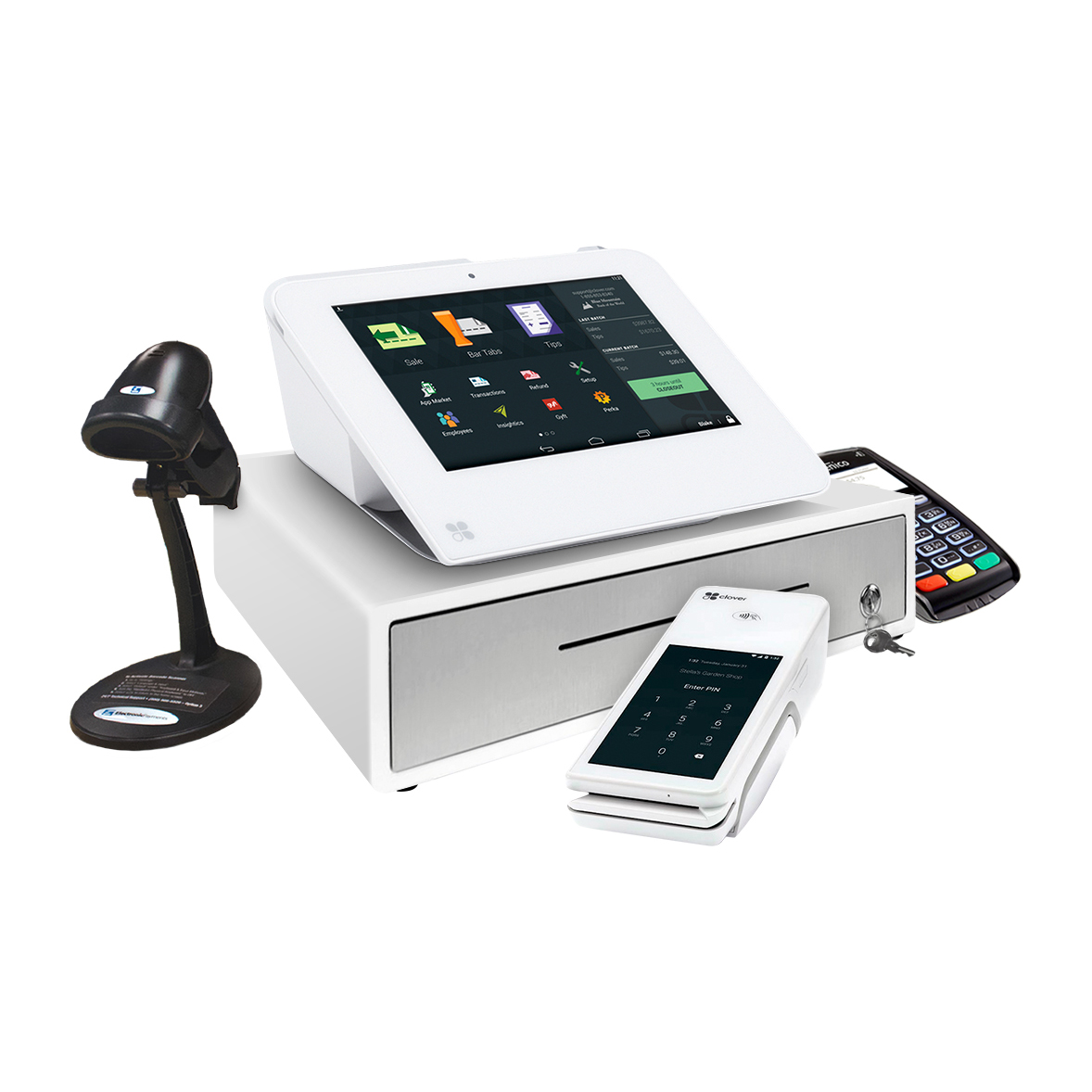Our cloud-based platform is so seamlessly integrated you would think it was part of your accounting software.





Streamlining Payments with QuickBooks
For over 20 years, I've seen firsthand how integrating payment systems can transform businesses. QuickBooks accept payments feature stands out for its ability to simplify transactions and enhance cash flow. By utilizing QuickBooks, businesses can effortlessly manage credit card processing with lower fees. This integration is especially beneficial for those who want to minimize costs without compromising functionality.
The power of QuickBooks isn't just in its payment processing capability. It is in the seamless integration and automation it offers. Business owners can automate invoicing, track payments, and even reconcile accounts--all from one platform. This reduces manual entry errors and saves valuable time.
How Does QuickBooks Accept Payments Work?
QuickBooks accept payments in a straightforward manner. Set up begins with choosing a merchant account tailored to your business needs. Once linked to your QuickBooks Online or Desktop version, you can start accepting payments instantly.
- Sign Up: Choose a merchant service provider compatible with QuickBooks.
- Integrate: Link your merchant account with QuickBooks for seamless payment processing.
- Automate: Schedule invoices, set up recurring payments, and track transactions in real-time.
- Optimize: Regularly review your payment terms to ensure you're getting the best rates.
What Are the Common Concerns About QuickBooks Accept Payments?
QuickBooks accept payments effectively addresses many concerns businesses have when processing transactions. Security is a top priority at POS Broker, with PCI compliance ensuring safe transactions. Businesses also often worry about hidden fees, but with QuickBooks, there are transparent pricing structures that help avoid unexpected charges.
Some clients wonder if the system can be used internationally. While primarily a U.S.-based service, QuickBooks is continually expanding its reach to accommodate global transactions.
Advantages of Using QuickBooks for Payment Processing
Working with several businesses over the years, I've observed how QuickBooks accept payments revolutionizes their operations. The system's ability to handle multiple payment methods--from credit cards to ACH--ensures flexibility and convenience.
- Cost Efficiency: QuickBooks negotiates favorable rates to lower overall payment processing costs.
- Time Savings: Automated invoicing and payment tracking eliminate hours spent on manual tasks.
- Customization: Businesses can create branded invoices, providing a professional touch to client interactions.
This adaptability is perfect for businesses of all sizes, whether handling a few transactions or managing high volumes.
How to Troubleshoot QuickBooks Payment Issues?
If you encounter issues with QuickBooks accept payments, don't fret. Typically, errors arise from account setup misconfigurations or connection issues. Ensure your merchant account is fully integrated by checking the connection settings in QuickBooks.
Stay proactive by regularly updating your QuickBooks version and keeping an eye on any alerts from your merchant service provider. If problems persist, reaching out to QuickBooks support can provide timely resolutions.

The Benefits of QuickBooks Payment Processing Integration
Integrating QuickBooks payment processing into your business operations is a game-changer. By simplifying transactions within the QuickBooks environment, users experience faster and more efficient payment handling. This integration helps eliminate manual entry errors and ensures that financial data is automatically updated, saving valuable time and reducing stress.
Beyond efficiency, this integration allows businesses to leverage powerful invoicing tools and customize billing processes. With options like scheduled billing and automatic payment reminders, cash flow becomes more predictable. Moreover, the ability to accept multiple payment methods, including credit cards and ACH, enhances customer convenience and satisfaction.
- Seamless QuickBooks integration
- Automated invoicing
- Multi-payment method acceptance
Best Practices for Managing QuickBooks Payment Processing Costs
Managing costs associated with QuickBooks payment processing is crucial for maintaining a healthy bottom line. One effective strategy is to negotiate competitive rates with merchant service providers. Understanding payment processors' fee structures, such as interchange rates and transaction fees, can also lead to significant savings.
Utilizing Level 2 and 3 processing for transactions enables even lower costs, especially for B2B payments. Additionally, implementing a cash discount program can offset processing fees by offering customers incentives for cash payments. The POS Brokers assist with these strategies, helping businesses reduce costs without compromising service quality.
How to Set Up a QuickBooks Merchant Account
Setting up a QuickBooks merchant account might seem daunting, but it's straightforward with a clear plan. First, assess your business needs, including transaction volume and types of payments accepted. Choose a merchant service provider that aligns with these needs and offers competitive rates.
Once you've selected a provider, begin the application process by providing necessary business information, including tax ID and banking details. During setup, ensure integration with QuickBooks for seamless transaction processing. Finally, test the system with trial transactions to confirm everything runs smoothly before going live.
- Assess business needs and volume
- Choose a compatible service provider
- Complete the application process
- Integrate with QuickBooks
- Conduct test transactions
What Are the Best Automated Invoicing Tools for QuickBooks?
Automated invoicing tools can revolutionize payment processing in QuickBooks by enhancing ease and efficiency. Leading solutions like Biller Genie integrate seamlessly, offering features such as custom invoice templates, automated reminders, and reconciliation. These tools streamline operations, reducing manual effort and improving accuracy.
By using QuickBooks' built-in automation features--or augmenting them with third-party tools like Biller Genie--businesses can automate virtually every aspect of the invoicing process. This automation allows staff to focus on strategic growth activities rather than getting bogged down in daily administrative tasks.
Choosing the right tool depends on your business's needs and budget. Key considerations include user-friendliness, compatibility with existing systems, and customer support options. The POS Brokers offer expert advice on selecting and integrating these tools into your QuickBooks payment processing system.
How Can QuickBooks Payment Processing Enhance Security?
Security is a paramount concern when handling transactions, and QuickBooks payment processing addresses this with robust measures. Utilizing PCI-compliant systems ensures that credit card information is protected. This compliance includes encryption and tokenization, which safeguard sensitive customer data from potential breaches.
Beyond PCI compliance, businesses can enhance security by opting for Level 2 and 3 processing, which adds layers of verification for transactions, offering additional protection and lowering fraud risks. These security measures not only protect your business but also build trust with clients, ensuring they feel confident in their transactions.
Secure processing is a traditional challenge for businesses, but with QuickBooks' strong security framework, these challenges are mitigated. For businesses seeking to enhance their security further, the POS Brokers provide guidance and solutions to achieve heightened protection.
The Benefits of Seamless Integration
Integrating QuickBooks credit card payment into your business operations can significantly improve efficiency. By linking QuickBooks with merchant services, invoices synchronize automatically when payments are received. This reduces manual entry and minimizes errors, allowing you to focus on more strategic tasks. As someone who has implemented these systems across various business sizes, the transformation in cash flow management is evident.
Another advantage is the real-time access to financial data. With automated reconciliation, business owners can monitor transactions and stay current with their financial status. Whether you manage a small startup or a large corporation, the ability to receive instant updates on your QuickBooks credit card payment activity provides you with a clearer financial picture.
QuickBooks credit card payment integration also offers enhanced security features. Through PCI compliance, sensitive customer information is protected, reducing the risk of data breaches. This allows businesses to process transactions confidently and customers to pay with peace of mind.
Steps to Reduce QuickBooks Credit Card Fees
Reducing fees associated with QuickBooks credit card payment is achievable with the right strategies:
- Negotiate Better Rates: Connect with your provider to explore lower transaction fees based on your business volume.
- Utilize Cash Discounts: Encourage customers to use cash, and offer discounts, indirectly lowering credit card fees.
- Optimize Interchange: Implement Level 2 and Level 3 processing for B2B transactions, which often qualify for reduced rates.
By applying these approaches, your business can reduce costs without compromising service quality. My clients have successfully lowered their processing fees by following these steps.
Addressing Common Challenges
One challenge businesses face with QuickBooks credit card payment is duplicating entries during reconciliation. This often occurs when transactions are manually entered and synchronized. To prevent this, ensure that your bank feeds are set up correctly, and always verify transactions before accepting them into your ledger.
Another issue is managing disputes and chargebacks. These can disrupt cash flow and strain customer relationships. Having a solid dispute resolution process and communicating effectively with customers can alleviate these problems. My experience has shown that addressing disputes promptly helps maintain customer trust and business reputation.
Technical hiccups during QuickBooks credit card payment integration can be another hurdle. Collaborating with a reliable service provider, like The POS Brokers, ensures that integration is smooth, and technical support is readily available, minimizing downtime.
How Real Businesses Use QuickBooks for Payments
Consider a small retail store that integrates QuickBooks credit card payment into its operations. Initially dealing with high transaction fees and time-consuming manual entries, the store opted for a streamlined payment system. By utilizing automated invoicing and negotiated lower rates, the owner saw immediate improvements in efficiency and cost savings.
Another example is a mid-sized service provider that adopted Biller Genie for automated collections. The integration with QuickBooks not only ensured timely payments but also reduced administrative workload. The company noticed an uptick in cash flow and a decrease in late payments, benefiting overall financial health.
These real-world scenarios illustrate the versatility and advantages of QuickBooks credit card payment solutions in diverse business environments.
- Streamlined operations
- Improved accuracy
- Cost savings
- Enhanced security
Each business saw tangible benefits from embracing QuickBooks as their payment processing tool.
What Are Common Questions About QuickBooks Credit Card Payment?
Many business owners wonder how QuickBooks credit card payment integration can enhance their payment process. The answer is simple: it provides automation, reduces human error, and offers comprehensive financial oversight by syncing directly with your accounting system.
Another frequently asked question is about security. QuickBooks ensures high-level security measures are in place, making it a reliable choice for sensitive transaction data. Businesses can trust that their customer information is safe.
Finally, businesses often ask about reducing fees. The integration supports various methods to cut down costs, such as utilizing cash discounts and interchange optimization, resulting in a more economical way to manage payments.

How can businesses streamline payment processing with QuickBooks?
Streamlining payment processing with QuickBooks can significantly enhance efficiency and cash flow management. By integrating QuickBooks with your payment systems, you can automate invoicing, reducing manual entry errors and saving time. I've seen businesses transform their cash management by using automated invoicing tools like Biller Genie, which syncs seamlessly with QuickBooks. This setup allows you to schedule billing and set up recurring payments without any hassle. The key takeaway is that automation not only saves time but also minimizes errors, giving you more room to focus on strategic tasks. Have you tried automating your invoicing yet? If so, what changes have you noticed in your workflow?
What is involved in setting up a QuickBooks merchant account?
Setting up a QuickBooks merchant account involves a few straightforward steps. First, assess your business needs including transaction volume and types of payments you anticipate. From my experience, choosing the right merchant service provider that aligns with your needs is crucial. Once you've selected a provider, you'll need to complete the application process by providing business details like your tax ID and banking information. After setup, integrate the account with QuickBooks and conduct trial transactions to ensure everything functions smoothly. Don't forget to negotiate for competitive rates as well; it's a great way to cut costs. Have you found a merchant service that meets your business needs?
What are common concerns regarding QuickBooks payment processing?
Common concerns with QuickBooks payment processing often revolve around security and hidden fees. In my experience, QuickBooks addresses these effectively with transparent pricing structures and ensures security through PCI compliance. This means your transactions are safe and you can avoid unexpected charges. Some businesses also worry about international usability; while primarily U.S.-focused, QuickBooks is expanding internationally. These concerns are valid but rest assured that QuickBooks has systems in place to address them. If you've experienced any of these concerns, what solutions have you found helpful?
How can you reduce QuickBooks credit card fees?
Reducing QuickBooks credit card fees can be achieved through several strategies. Negotiating better rates with your provider is a starting point, and leveraging cash discounts can also lower costs. Implementing Level 2 or Level 3 processing for B2B transactions often results in reduced rates. These tactics help to manage expenses without compromising service quality. In one of my past projects, applying these strategies led to significant savings for the business and improved their bottom-line. What steps have you taken to manage credit card fees in your business?
What should you do when you encounter payment issues with QuickBooks?
When I encounter payment issues with QuickBooks, I find it helpful to check the merchant account integration and connection settings first. Misconfigurations are a common source of errors. Keeping your QuickBooks version updated is also crucial. If issues persist, QuickBooks support is a reliable resource for timely resolutions. In my experience, a proactive approach, such as regularly reviewing system alerts, can mitigate many problems before they disrupt your operations. How do you handle technical issues in your payment processes?
What are the benefits of integrating QuickBooks payment processing?
Integrating QuickBooks payment processing can transform your business operations by automating financial processes and reducing errors. This integration allows real-time updates on transactions and financial status, a feature that many businesses find invaluable for decision-making. It also enhances security through PCI compliance, giving peace of mind both to you and your customers. One of my clients noticed instant improvements in cash flow management after integrating these systems. Have you explored integration options for your business yet?
How does QuickBooks enhance payment processing security?
QuickBooks enhances payment processing security through robust PCI-compliant systems, offering encryption and tokenization to protect sensitive data. For added security, using Level 2 and 3 processing adds layers of transaction verification, which reduces fraud risks. In my sessions with The POS Brokers, we emphasize these security layers to my clients, ensuring they operate securely. Security is a significant concern for businesses, and with QuickBooks, you can protect your transactions effectively. Have you considered additional security measures for your payment processing?
How do real businesses benefit from QuickBooks for payment solutions?
Real businesses benefit from QuickBooks payment solutions by improving efficiency and reducing transaction fees. For instance, a retail store I worked with could lower processing fees significantly by negotiating better rates and automating invoicing. Similarly, a service provider using Biller Genie for automated collections noticed an improvement in cash flow and a decrease in late payments. These stories illustrate how QuickBooks can positively impact businesses' financial health. What has been your experience with using QuickBooks for payment processing?
What are common questions about QuickBooks credit card payment?
Many business owners ask how QuickBooks credit card payment integration can benefit their payment process. It simplifies the process through automation and reduces human error. Another frequent question revolves around security, which QuickBooks addresses with strong PCI compliance measures. Businesses also inquire about reducing fees, which the integration supports through options like cash discounts. In my experience, these features make QuickBooks a reliable choice for managing payments. Have you had any particular questions or concerns about using QuickBooks for your credit card payments?
Resources
- U.S. Small Business Administration - Official website providing resources and support for small businesses.
- NACHA - National Automated Clearing House Association offering information on ACH payments.
- Federal Reserve - Central banking system of the United States providing economic insights.
- PCI Security Standards Council - Organization responsible for developing and maintaining payment card security standards.
- Better Business Bureau - Non-profit organization focused on advancing marketplace trust.
Contactless Payments!
Ensure your safety with the convenience of contactless payments. Our wide range of devices offers seamless contactless payment options, along with mobile contactless alternatives for hassle-free curbside pickups and deliveries. Contact us today for further details and stay secure.
Chip Card
Swipe Card
Apple Watch
E-Check
NFC Phone
 Quick Tip
Quick Tip
38% of new business owners make the wrong choice when selecting a POS for their startup.
Let Us Help You Choose the Right POS System and Save You the Hassle!

Contactless Payments!
Stay safe with contactless payments. All of our devices have contactless payment options and mobile contactless options for curbside pickups and deliveries. Call now for more information.
Chip Card
Swipe Card
Apple Watch
E-Check
NFC Phone
Ready to talk to an advisor?
Complete the form or call us now to talk to a live representative.
“The POS Brokers are amazing. They answered all our questions and explained everything clearly.”
Retail Owner






Reviews
There are no reviews yet.